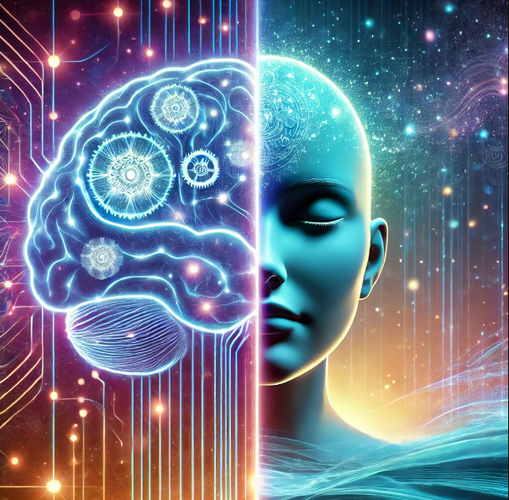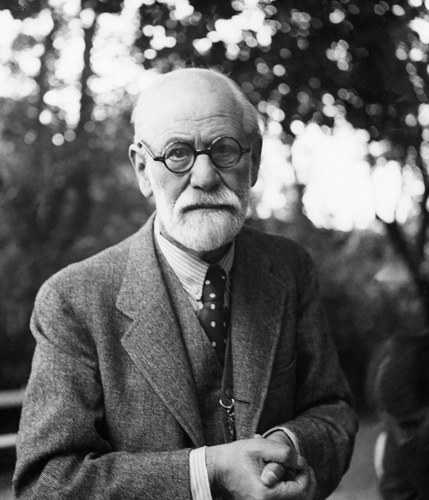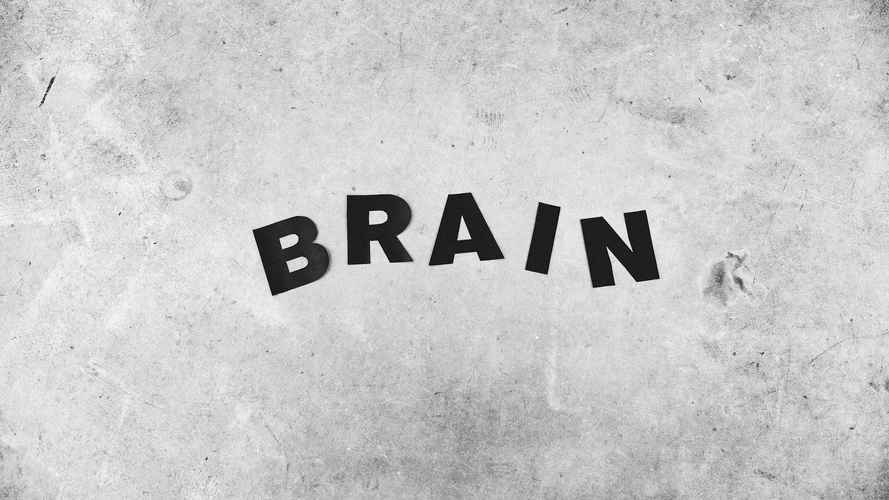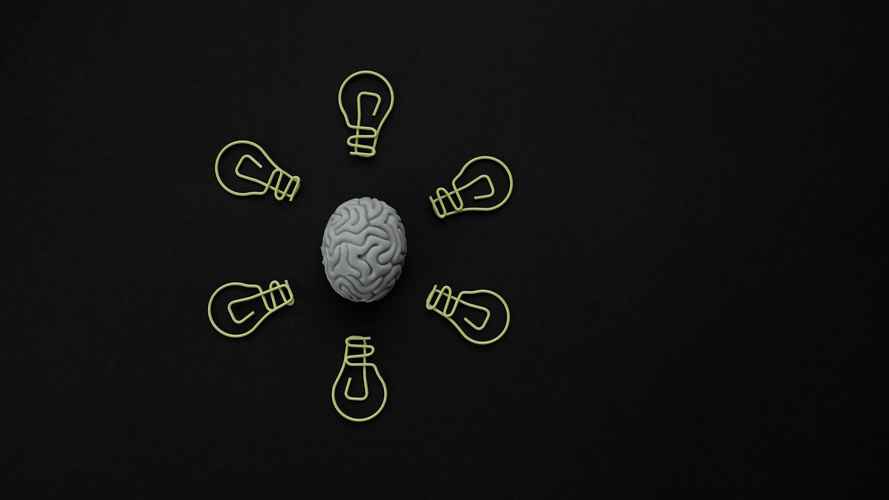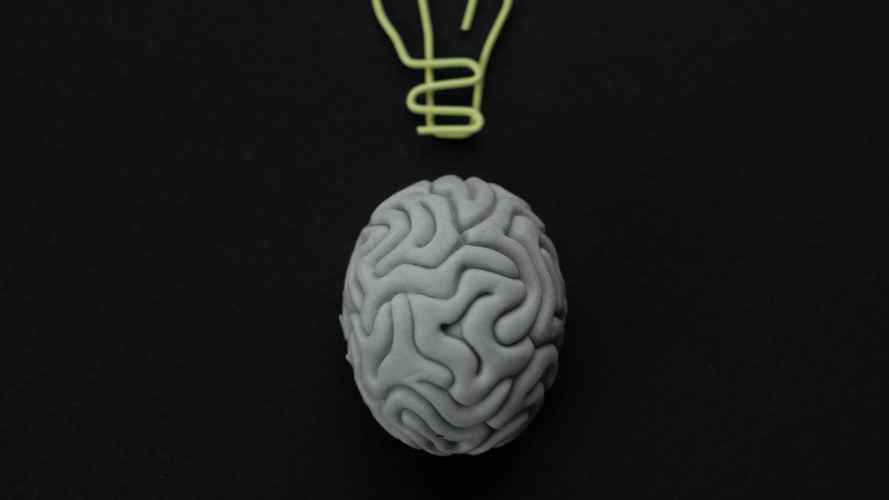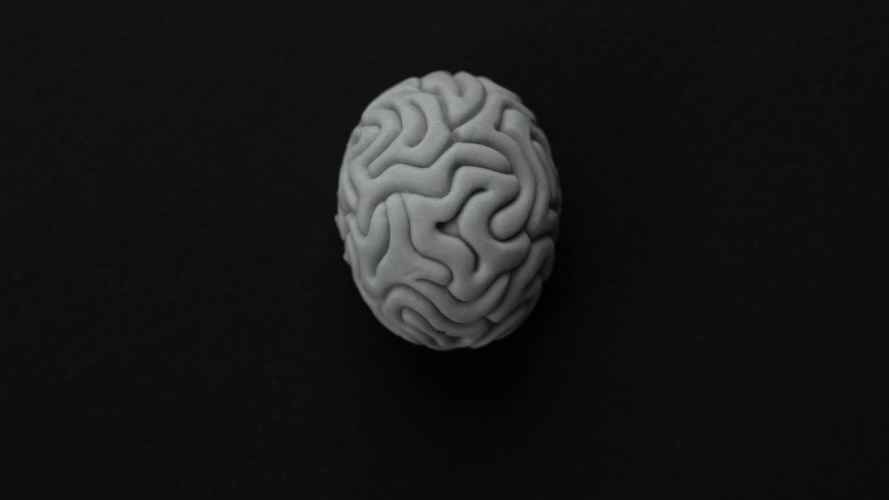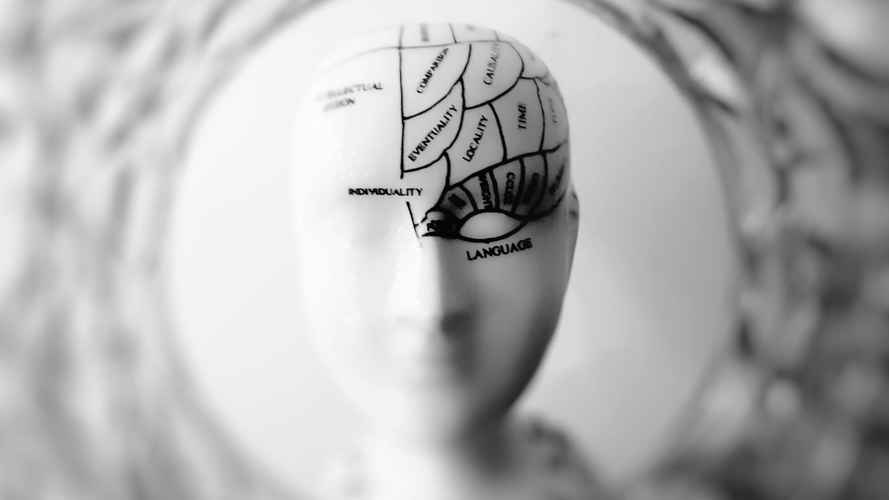Blog
hypnosis
What does a hypnotherapist do?
What does a Hypnotherapist do?
A hypnotherapist is a skilled and compassionate professional who uses the power of hypnosis to help individuals achieve their goals and overcome challenges. 🤝 But what exactly does a hypnotherapist do, and how can they support you on your journey of personal growth and healing?
Tip #1: A hypnotherapist works with individuals to identify their goals and challenges and develop a personalised treatment plan that addresses their unique needs and preferences. This…
Neuro Hypnotherapy And Ultimate Client Results
In a world where the demand for holistic and effective coaching is ever-growing, professionals are continually seeking ways to stand out and offer unparalleled value to their clients. If you're a coach, therapist, or aspiring mental health professional, it's time to consider a powerful addition to your toolkit: the Neuro Hypnotherapy Diploma with NLP Coach Certification.
What Is Neuro Hypnotherapy?
Neuro Hypnotherapy is an advanced approach that combines the principles of neuroscience with t…
What Did Freud Discover about Hypnosis?
Sigmund Freud, the founder of psychoanalysis, had a complex and evolving relationship with hypnosis throughout his career. While he initially trained in hypnosis and used it extensively in his early work, he later abandoned it in favour of his own psychoanalytic techniques. Nevertheless, Freud made several important discoveries and observations about hypnosis that continue to influence our understanding of this phenomenon today. 🧠
Here are some of the key things that Freud discovered about hypn…
What Is the Hidden Observer Theory of Hypnosis?
Ernest Hilgard, a psychologist, was the one who first proposed the hidden observer theory of hypnosis in the 1970s. According to this theory, hypnosis involves a dissociation or split between different aspects of consciousness, such that a part of the individual's mind remains aware of and able to report on experiences that are not accessible to the hypnotised part of the mind. 🧠
Here are some key features of the hidden observer theory:
Dissociation: The hidden observer theory says that hypnos…
Can Hypnosis Have Permanent Effects?
The question of whether hypnosis can have permanent effects is a complex and controversial one, and the answer may depend on a range of factors, including the specific condition being treated, the individual's hypnotic susceptibility, and the skill and experience of the hypnotist. While some individuals may experience lasting benefits from hypnosis, it is important to approach claims of permanent effects with caution and scepticism. 🧠
Here are some key considerations regarding the potential for…
What Are the 2 Main Psychological Perspectives of Hypnosis?
Two main psychological perspectives on hypnosis have influenced research and practice in the field: the state theory and the non-state theory. These theories offer different explanations for the nature of hypnosis and its effects on behaviour and experience. 🧠🔍
State theory: The state theory of hypnosis, also known as the dissociation theory or the neodissociation theory, proposes that hypnosis involves a unique state of consciousness that is distinct from normal waking consciousness. According…
Limitations of Hypnosis
While hypnosis can be a powerful tool for personal growth, behaviour change, and symptom management, it is important to recognise that it also has some limitations and potential risks. Understanding these limitations can help individuals approach hypnosis with realistic expectations and make informed decisions about whether and how to incorporate it into their treatment plan. 🧠
Some of the main limitations of hypnosis include:
Individual differences in hypnotic susceptibility: Not everyone is …
How Does Hypnosis Work Physiologically?
Hypnosis has been shown to have a range of physiological effects on the body, which are thought to be mediated by the brain's influence on the autonomic nervous system and other physiological systems. While the exact mechanisms underlying these effects are still not fully understood, research has identified several key physiological processes that are associated with hypnosis. 🧠🌡️
Some of the main physiological effects of hypnosis include:
Relaxation response: Hypnosis often involves a state o…
How Does Self-Hypnosis Work in the Brain?
Self-hypnosis is a type of hypnosis that is self-directed and self-induced rather than being under the control of a hypnotist or therapist. While the specific mechanisms underlying self-hypnosis are still not fully understood, research suggests that it engages many of the same brain regions and networks as traditional hypnosis, but with some key differences in terms of the level of self-control and intentionality involved.
Some key aspects of how self-hypnosis works in the brain include:
Focu…
Is Hypnosis a Right or Left Brain Function?
The question of whether hypnosis is a right or left brain function is somewhat misleading, as it implies a simplistic and outdated view of brain function that is not supported by current neuroscience research. While some early theories of brain function suggested that the right and left hemispheres of the brain were specialised for different cognitive and emotional processes, more recent research has shown that brain function is much more complex and interconnected than previously thought.
Tha…
Blog
hypnosis
What does a hypnotherapist do?
What does a Hypnotherapist do?
A hypnotherapist is a skilled and compassionate professional who uses the power of hypnosis to help individuals achieve their goals and overcome challenges. 🤝 But what exactly does a hypnotherapist do, and how can they support you on your journey of personal growth and healing?
Tip #1: A hypnotherapist works with individuals to identify their goals and challenges and develop a personalised treatment plan that addresses their unique needs and preferences. This…
Neuro Hypnotherapy And Ultimate Client Results
In a world where the demand for holistic and effective coaching is ever-growing, professionals are continually seeking ways to stand out and offer unparalleled value to their clients. If you're a coach, therapist, or aspiring mental health professional, it's time to consider a powerful addition to your toolkit: the Neuro Hypnotherapy Diploma with NLP Coach Certification.
What Is Neuro Hypnotherapy?
Neuro Hypnotherapy is an advanced approach that combines the principles of neuroscience with t…
What Did Freud Discover about Hypnosis?
Sigmund Freud, the founder of psychoanalysis, had a complex and evolving relationship with hypnosis throughout his career. While he initially trained in hypnosis and used it extensively in his early work, he later abandoned it in favour of his own psychoanalytic techniques. Nevertheless, Freud made several important discoveries and observations about hypnosis that continue to influence our understanding of this phenomenon today. 🧠
Here are some of the key things that Freud discovered about hypn…
What Is the Hidden Observer Theory of Hypnosis?
Ernest Hilgard, a psychologist, was the one who first proposed the hidden observer theory of hypnosis in the 1970s. According to this theory, hypnosis involves a dissociation or split between different aspects of consciousness, such that a part of the individual's mind remains aware of and able to report on experiences that are not accessible to the hypnotised part of the mind. 🧠
Here are some key features of the hidden observer theory:
Dissociation: The hidden observer theory says that hypnos…
Can Hypnosis Have Permanent Effects?
The question of whether hypnosis can have permanent effects is a complex and controversial one, and the answer may depend on a range of factors, including the specific condition being treated, the individual's hypnotic susceptibility, and the skill and experience of the hypnotist. While some individuals may experience lasting benefits from hypnosis, it is important to approach claims of permanent effects with caution and scepticism. 🧠
Here are some key considerations regarding the potential for…
What Are the 2 Main Psychological Perspectives of Hypnosis?
Two main psychological perspectives on hypnosis have influenced research and practice in the field: the state theory and the non-state theory. These theories offer different explanations for the nature of hypnosis and its effects on behaviour and experience. 🧠🔍
State theory: The state theory of hypnosis, also known as the dissociation theory or the neodissociation theory, proposes that hypnosis involves a unique state of consciousness that is distinct from normal waking consciousness. According…
Limitations of Hypnosis
While hypnosis can be a powerful tool for personal growth, behaviour change, and symptom management, it is important to recognise that it also has some limitations and potential risks. Understanding these limitations can help individuals approach hypnosis with realistic expectations and make informed decisions about whether and how to incorporate it into their treatment plan. 🧠
Some of the main limitations of hypnosis include:
Individual differences in hypnotic susceptibility: Not everyone is …
How Does Hypnosis Work Physiologically?
Hypnosis has been shown to have a range of physiological effects on the body, which are thought to be mediated by the brain's influence on the autonomic nervous system and other physiological systems. While the exact mechanisms underlying these effects are still not fully understood, research has identified several key physiological processes that are associated with hypnosis. 🧠🌡️
Some of the main physiological effects of hypnosis include:
Relaxation response: Hypnosis often involves a state o…
How Does Self-Hypnosis Work in the Brain?
Self-hypnosis is a type of hypnosis that is self-directed and self-induced rather than being under the control of a hypnotist or therapist. While the specific mechanisms underlying self-hypnosis are still not fully understood, research suggests that it engages many of the same brain regions and networks as traditional hypnosis, but with some key differences in terms of the level of self-control and intentionality involved.
Some key aspects of how self-hypnosis works in the brain include:
Focu…
Is Hypnosis a Right or Left Brain Function?
The question of whether hypnosis is a right or left brain function is somewhat misleading, as it implies a simplistic and outdated view of brain function that is not supported by current neuroscience research. While some early theories of brain function suggested that the right and left hemispheres of the brain were specialised for different cognitive and emotional processes, more recent research has shown that brain function is much more complex and interconnected than previously thought.
Tha…


